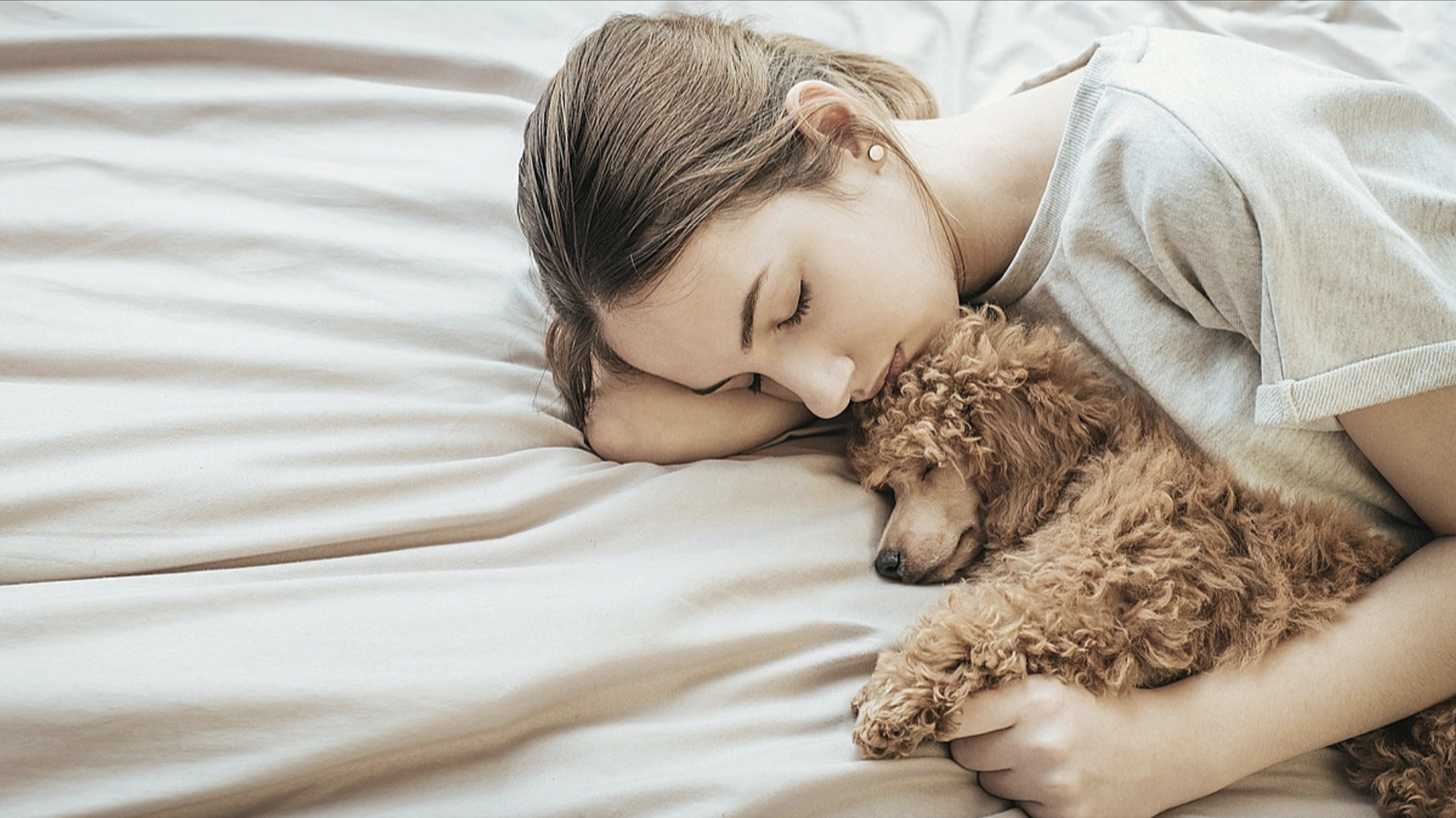Melissa Milanak, a sleep health expert and professor at the Medical University of South Carolina, says most of her patients report their pets regularly disturb their sleep. "It's not universally bad for everyone," she says, "but there's a lot of evidence that it negatively impacts sleep."
Pet ownership is generally beneficial for many people's health. Pets have been shown to reduce stress levels, encourage exercise, and provide companionship. Many pet owners say they find comfort in having their furry friends nearby at night.
However, the natural sleep cycles of dogs and cats differ from humans. Dogs tend to be light sleepers, waking up multiple times throughout the night. Some exhibit instinctive behaviors like scratching bedding, which can prevent deep sleep even if it doesn't fully wake you.
Cats are often active before their owners wake up. They evolved to hunt in low light, making them especially energetic at dusk and dawn.
Milanak also notes that allergens like pet dander and bacteria brought into the home can affect owners' breathing, hindering deep sleep.
Brian Chin, a professor of social and health psychology at Trinity College in Connecticut, says his research found that sleeping with pets is linked to poorer sleep, especially sleep quality and insomnia symptoms. This correlation persists even after accounting for the fact that pet owners might underreport sleep issues in surveys, believing their pets aren't the cause.
"I didn't even want to admit that my cat disrupted my sleep," says Chin, who has one disruptive cat and one who isn't. He adds that the more pets someone shares a bed with, the greater the sleep disruption.
 |
Many people have the habit of sleeping with their pets. Photo: *Metro* |
According to Milanak, simply telling pet owners not to share their beds isn't easy. For many, it's become an integral part of their sleep routine, making it difficult to fall asleep without their pet because they've grown accustomed to their presence.
Because the topic is sensitive, Milanak asks new patients a series of questions before inquiring about co-sleeping with pets. For example, if they wake up multiple times a night, they may not realize the reason. Once she identifies a potential link, she asks if they'd be willing to try sleeping separately from their pets.
"It's like if I tell someone they need to stop smoking," she says, adding they'll often give every reason why they want to continue.
The most obvious first step is providing a dog bed on the bedroom floor or keeping cats out of the room at night. For those determined to share their bed, she recommends more frequent sheet washing and adjusting sleep schedules to align with the pet's habits. "Maybe you need to go to bed earlier so you can wake up earlier to match your pet," she suggests.
Despite the potential problems, many pet owners feel the emotional bond and benefits outweigh the sleep disruption.
Angela Wilson, who lives in Cobb County, Georgia, says she bought a range of luxurious beds for Sadie, her golden retriever. But Sadie still jumps onto her bed. Subsequently, they usually sleep peacefully back-to-back. "People complain about dogs waking them up, but Sadie doesn't wake me," Wilson says, adding that her dog is very gentle.
My Y (According to *Independent*)












